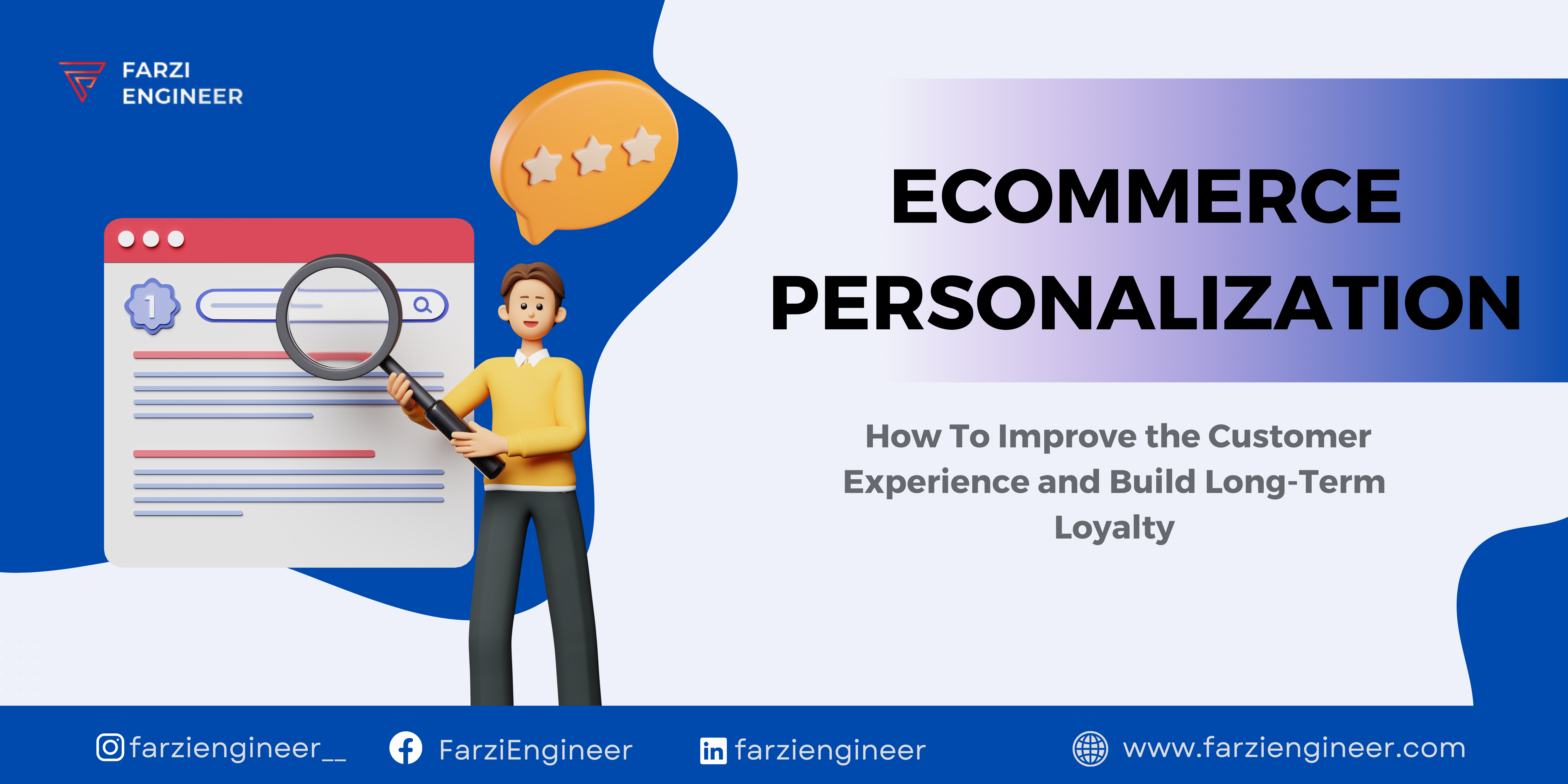In a world where beauty trends come and go, Just Herbs stands as a beacon of unwavering commitment to timeless, holistic beauty. Founded on the principles of safety, honesty, and effectiveness, Just Herbs has artfully merged the wisdom of traditional Ayurvedic practices with contemporary knowledge to craft beauty solutions that transcend the fleeting fads of the industry. Their unique 360° approach ensures that every product nurtures, preserves, and protects, embodying a promise of enduring beauty.
Today, we delve into the story behind Just Herbs and its remarkable journey with its founder, Arush Chopra, who shares insights that have propelled this brand to greatness in the ever-evolving world of direct-to-consumer beauty.
Summary of the conversation with Arush Chopra.We covered several insightful aspects of entrepreneurship, brand building, and the challenges and opportunities in the D2C space. Here are some key takeaways from the conversation:
- Shift in Focus from Acquisition to Bottom Line: Just Herbs initially focused on acquisition while maintaining the bottom line, but now they focus on the bottom line even more. This shift could be due to being acquired by Marico, a publicly-traded company that is accountable to investors.
- Brand Loyalty and Growth: Brand loyalty is a significant driver of growth, especially in a crowded market. The first principles of branding remain crucial to stand out amidst competition.
- Accessibility of D2C: D2C, once a novel concept, is now accessible to many players. The barrier to entry has lowered, but there are still barriers to scaling a D2C business effectively.
- Customer Acquisition Cost (CAC): CAC is increasing, so it’s important to aim to earn money on the first order itself. Return on Ad Spend (ROAS) should be considered in conjunction with Customer Lifetime Value (LTV) to assess the effectiveness of marketing efforts.
- Investment in Brands: When considering an investment in a brand, evaluating brand value and customer loyalty is crucial. Customer reactions to changes like packaging can provide insights into loyalty.
- Measuring Loyalty: Measuring loyalty involves a mix of qualitative and quantitative factors. Being approachable and listening to power users can help gauge brand loyalty. The product’s story and overall experience play a significant role in building loyalty.
- Gen Z and Sustainability: Gen Z values sustainability but often as a badge of honor. They are willing to invest in products that align with their values, such as sustainable and vegan products.
- Brand Ambassadors and Expanding Channels: Brand ambassadors can be effective, but their use should be considered when the P&L permits. Expanding into new channels requires the distributor to align with the brand’s story, and click-through rate (CTR) is a crucial metric to monitor in such expansions.
Overall, the conversation highlights the evolving landscape of D2C businesses, the importance of building a strong brand, and the need to adapt to changing consumer preferences and market dynamics.
Read along for the detailed conversation with Arush –
Gaurav Shukla: Today, we have the pleasure of speaking with Arush Chopra, the founder of Just Herbs, a trailblazing brand in the direct-to-consumer (D2C) space. Arush, thank you for joining us. To start, could you share a bit about your journey with Just Herbs over the past two years, especially considering the transition out of COVID-19 and the significant acquisition by Marico in 2021?
Arush Chopra: It’s my pleasure to be here. Over the past two years, Just Herbs has undergone a significant transformation. Initially, our focus was on acquisition while maintaining a sensible bottom line. However, now that we’re part of Marico, a publicly-traded company accountable to investors, the bottom line has taken center stage.
Gaurav Shukla: That’s an interesting shift in priorities. Could you elaborate on how this change has impacted your approach to business?
Arush Chopra: Certainly. Being part of Marico has freed up a lot of mental space. The investors have a long-term play in mind, which has allowed us to shift our focus to profitability without the constant pressure of chasing acquisitions.
Arush continued, shedding light on the industry’s evolving landscape. “There’s been a notable shift in the industry towards emphasizing profitability or at least financial sustainability. In the crowded D2C space, especially in personal care, we’re seeing a return to the fundamentals of branding,” he explained.
He went on to share a recent anecdote that illustrated the significance of delivering value. “Just tonight, I’m personally delivering five bottles of our product to a customer who reached out to me directly. The product is out of stock in all the stores, and she can’t wait for online delivery as she’s flying out. It’s moments like these that truly underline a brand’s success. When your brand makes a meaningful impact on someone’s life to the extent that they go out of their way to get your product, that’s when you know you’ve succeeded.”
Gaurav Shukla nodded in agreement, recognizing that discounts and marketing can grab attention, but real success hinges on delivering value. He then asked Arush about his perspective on what constitutes value in the context of their brand.
Arush shared his perspective confidently, “Value, in our view, is how a customer feels once they use our product. It’s not merely the price printed on the invoice; it’s the overall experience, the positive change it brings to their life, and the trust they place in our brand.”
Regarding their partnership with Marico, Arush emphasized the importance of choosing the right investor. “In my experience, family offices tend to have a longer-term perspective. Marico has a deep history in the consumer and personal care space, making it a strategic investment for them. It’s not the typical short-sighted approach; it’s a partnership with a shared vision for the long haul.”
Gaurav Shukla: One thing that stands out about Just Herbs is your unwavering brand loyalty. Could you tell us more about how you’ve managed to maintain and leverage this loyalty for growth?
Arush Chopra: Brand loyalty is indeed at the core of our growth. In today’s cluttered D2C landscape, the first principles of branding have become even more relevant. While technology and accessibility have evolved, what truly differentiates us is our product, which includes the story, packaging, and overall customer experience.
Gaurav Shukla followed up with a question that delved into the reciprocity of this extra effort for customer delight. “The story you shared about personally delivering the product demonstrates that you go the extra mile for customer satisfaction. How is this reciprociated by the customers? Do they feel affiliated with the brand?”
Arush shared another illuminating incident. “Absolutely, our customers do feel a deep affiliation with the brand. Let me share an example to illustrate this point. We once hired an agency to redesign Just Herbs’ packaging, thinking it was a positive change. However, when the new packaging was launched, our loyal customers began sending emails, some of which were quite critical. One comment that stood out was, ‘What have you done to my brand (Just Herbs)? The packaging does not look Ayurvedic or herbal at all.’ This feedback was a wake-up call for us.”
He continued, “On that very day, I sat down with our design team and actively sought input from these loyal power customers. We worked together to redo the packaging, incorporating their valuable suggestions. This collaborative approach led to the packaging you see today.”
Arush emphasized that their way of measuring brand loyalty is through continuous customer feedback and direct conversations with users. “As long as users believe in your story, feel proud to refer to your brand as ‘their brand,’ and are enthusiastic about associating with you, you are bound to flourish. These are the customers who stand by you even when everything else faces challenges.”
He fondly recalled an episode during the COVID-19 pandemic, “During the height of the pandemic, we had to temporarily suspend all marketing efforts as we faced difficulties in delivering products. However, our loyal customers continued to buy from us directly.
This truly underscores the enduring value of brand building and the unbreakable bond between Just Herbs and its customers.”
Gaurav Shukla: You mentioned that D2C, which was once novel, is now accessible to everyone. How do you navigate the challenges of a crowded market?
Arush Chopra: It’s true; D2C has become accessible to many players. Customer Acquisition Cost (CAC) has been rising, so our goal is to earn money on the first order itself. But it’s not just about CAC; we also consider Customer Lifetime Value (LTV) for 3-month cohorts, specific to product segments. It provides a more comprehensive view of our marketing efforts.
Gaurav Shukla followed up with a question that delved into the future and starting anew in a crowded market, “If you were to do this again, let’s say start a new skincare brand, would you be worried about the rising CAC? And how would you make it profitable?”
Arush replied, “It’s all about the story. Build a compelling narrative, find people who believe in it, and deliver real value. Many people underestimate the advantage of growing slowly. It allows you to listen to your customers, to solve for them. Interestingly, I recently heard a similar perspective from MomsCo during one of their discussions.”
Arush continued by sharing an intriguing detail about Just Herbs’ journey, “Many people are surprised to learn that Just Herbs was launched on marketplaces much later than it was available on our website. Today, brands often take the opposite route, launching on marketplaces for quick volumes. However, by starting on our website, we had the opportunity to engage directly with our customers and gather invaluable feedback.”
Gaurav Shukla: Finally, what’s your take on catering to Gen Z, especially regarding sustainability?
Arush Chopra: Gen Z values sustainability, but they often seek products that visibly align with their values—a badge of honor, so to speak. They’re willing to invest in products like vegan handbags not just for the product itself but for the sustainability factor it represents.
Gaurav mentioned that he’s been having similar discussions with other D2C founders, and the narrative of Gen Z valuing sustainability more than any other generation often comes up. He also mentioned that they’ve done a few blog posts on this topic, exploring how brands can align themselves with a cause to build a loyal customer base.
To this, Arush shared his intriguing perspective. “I’m actually going to deliver a keynote on this topic soon, and without revealing too much, I’ll share a somewhat unusual habit of mine. I have this strange habit of taking pictures of people’s bathroom cabinets. It’s a fascinating insight into their true values.”
He went on to explain, “In India, we live in a society that often places a high value on status. So, while someone may buy a vegan leather handbag or cork shoes and outwardly project that it’s all about nature and sustainability, in reality, they might not prioritize nature when it comes to products that don’t provide status.”
Gaurav was intrigued and sought further clarification, “That’s interesting. Could you elaborate on this?”
Arush clarified, “It’s quite simple, really. It’s about understanding what you’re selling. For example, when you’re selling a Mercedes, you’re not just selling a car; you’re selling a symbol of status. Similarly, Louis Vuitton is about status. On the other hand, a lipstick that comes in eco-friendly packaging may align with sustainability, but once you take it out and apply it on your lips, it’s functionally similar to any other lipstick. The sustainability aspect of the brand doesn’t necessarily add to the user’s status. That’s why the sustainability love of Gen Z is very segment-specific.”
This intriguing perspective highlighted the nuanced relationship between sustainability and consumer behavior, especially among the younger generation.
Gaurav Shukla: And what advice do you have for brands looking to expand through brand ambassadors or new channels?
Arush Chopra: Brand ambassadors can indeed be effective, but it’s crucial to consider this when your P&L permits. When expanding into new channels, ensure that distributors buy into your brand’s story. Pay attention to metrics like click-through rate (CTR) to gauge the effectiveness of these expansions.
Arush emphasized his perspective on brand ambassadors. “Brand ambassadors can help you communicate your values and your story to a wider audience. At Just Herbs, we consciously decided to stay away from brand ambassadors for most of our journey, and only recently have we embraced the idea.”
He continued, “It’s essential to understand that if a brand ambassador takes ‘x’ amount, you might end up spending ‘5x’ or more in marketing that brand ambassador to fully utilize their star power. In the early stages of your journey, it might be wiser to allocate this budget to free samples and direct outreach to customers.”
Arush went on to explain the scenario where brand ambassadors become especially valuable. “The brand ambassador strategy becomes more beneficial when you venture into offline markets. In offline markets, it can be challenging to convey your brand’s story and directly attribute sales to a particular campaign. Brand ambassadors help you grab attention and put your brand in front of your customers. However, whether it leads to sales is questionable.”
He recounted a scenario to illustrate this point: “Imagine you’re approaching a seller in a tier 2 city. You explain all the herbal and natural aspects of your product, how your brand started from the need for safe and natural products. But to this seller, you’re just another shampoo or conditioner. In such cases, having a brand ambassador can pose as a signal that your brand is significant enough to have such a big star associated with it, making the seller take your brand more seriously.”
Gaurav Shukla: Thank you, Arush, for sharing these invaluable insights into the world of D2C and brand building. Your journey with Just Herbs serves as a beacon for aspiring entrepreneurs and businesses looking to thrive in the ever-evolving landscape of e-commerce.
Gaurav also reflected on the evolution he had witnessed in Arush’s approach over the past two years, “Two years ago, when we first started working with Arush, he came across as one of the most data-centric founders we knew. He would question us on every data point.
However, it’s apparent that his approach has evolved, and he now seems more focused on the nuances and qualitative aspects of brand building.”
In response to this observation, Arush smiled and shared his perspective, “Indeed, the essence of branding is delivering value, and for any business, the bottom line is crucial. A business that effectively balances these two aspects will have the potential to scale.”
Arush then reminisced about a time when people used to question his approach, “People used to question me and say that I don’t look at data. The time we engaged in this journey was when I was trying to reinvent myself and focus more on data. It’s been a transformative journey.”
Gaurav Shukla: You talk about communicating the story to your customers, but as the team scales and the brand grows, it becomes increasingly difficult, nearly impossible, to have the brand values ingrained in every employee and the story shared with every customer. So, do you suggest building multiple brands in this scenario?
As you scale, you are likely going to go deeper in your segment or go wider in your categories.
To this, Arush shared his thoughtful perspective, “This is something I haven’t completely figured out yet, but I’m more inclined towards giving it all to one brand and focusing on building systems that imbibe the values. It’s a journey I’m on, and I understand firsthand that building a brand is a slow game. It’s not something you can start and restart every few months and call it a brand.”
His response highlighted the challenge of scaling a brand while maintaining its core values and the ongoing commitment required to build a brand with a lasting impact.
This closing remark underlines the journey of growth and adaptation that Arush and Just Herbs have undergone, highlighting the continuous evolution required in the dynamic world of direct-to-consumer businesses.





